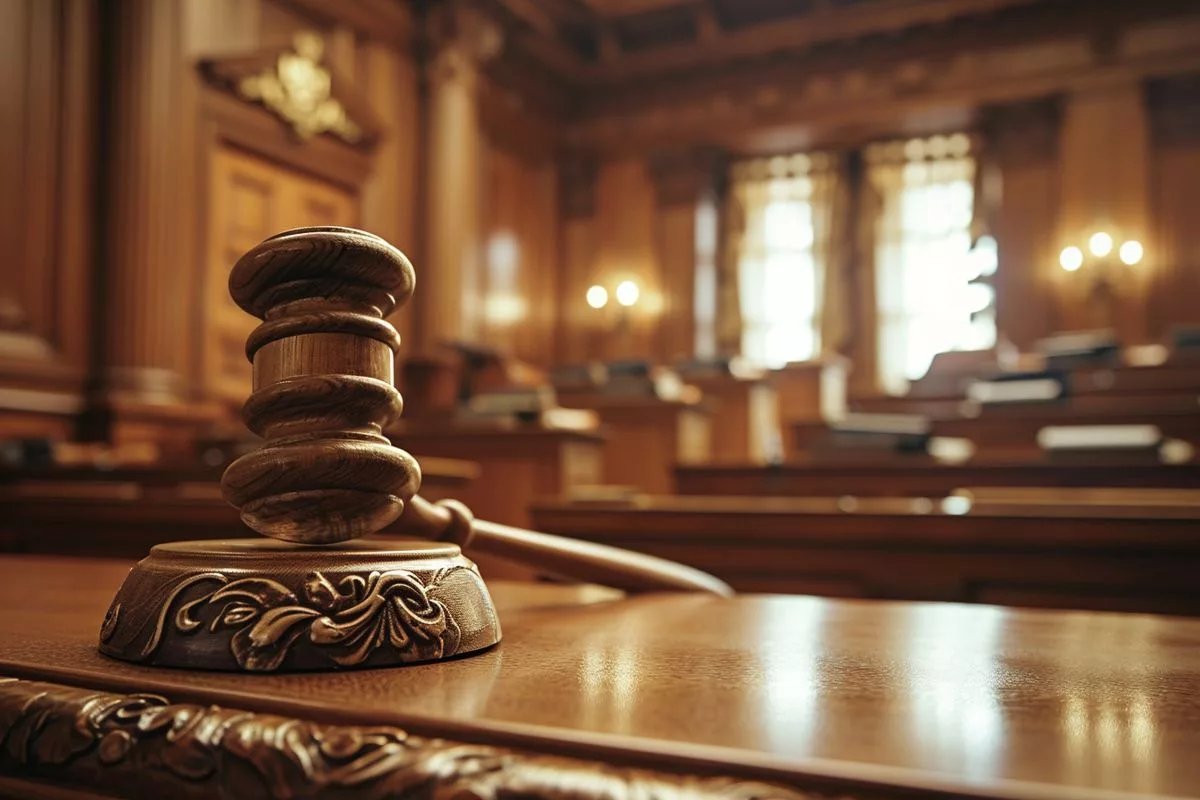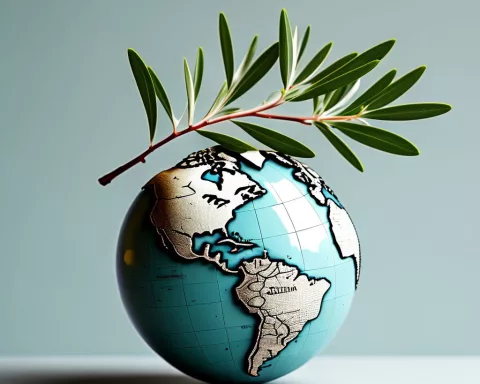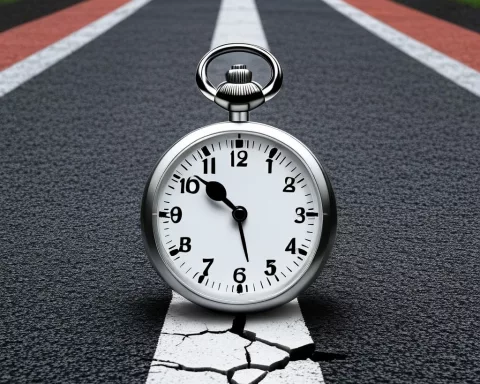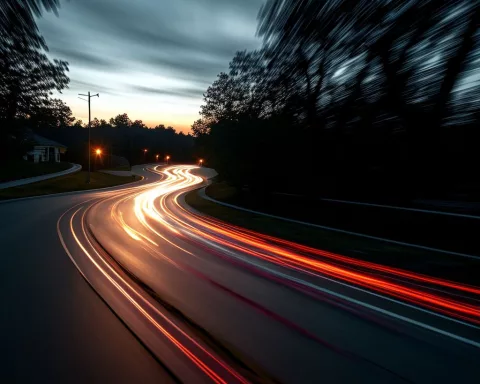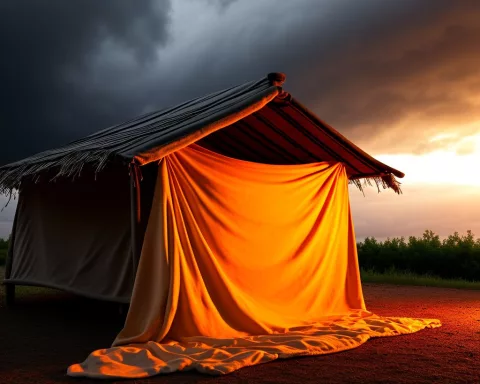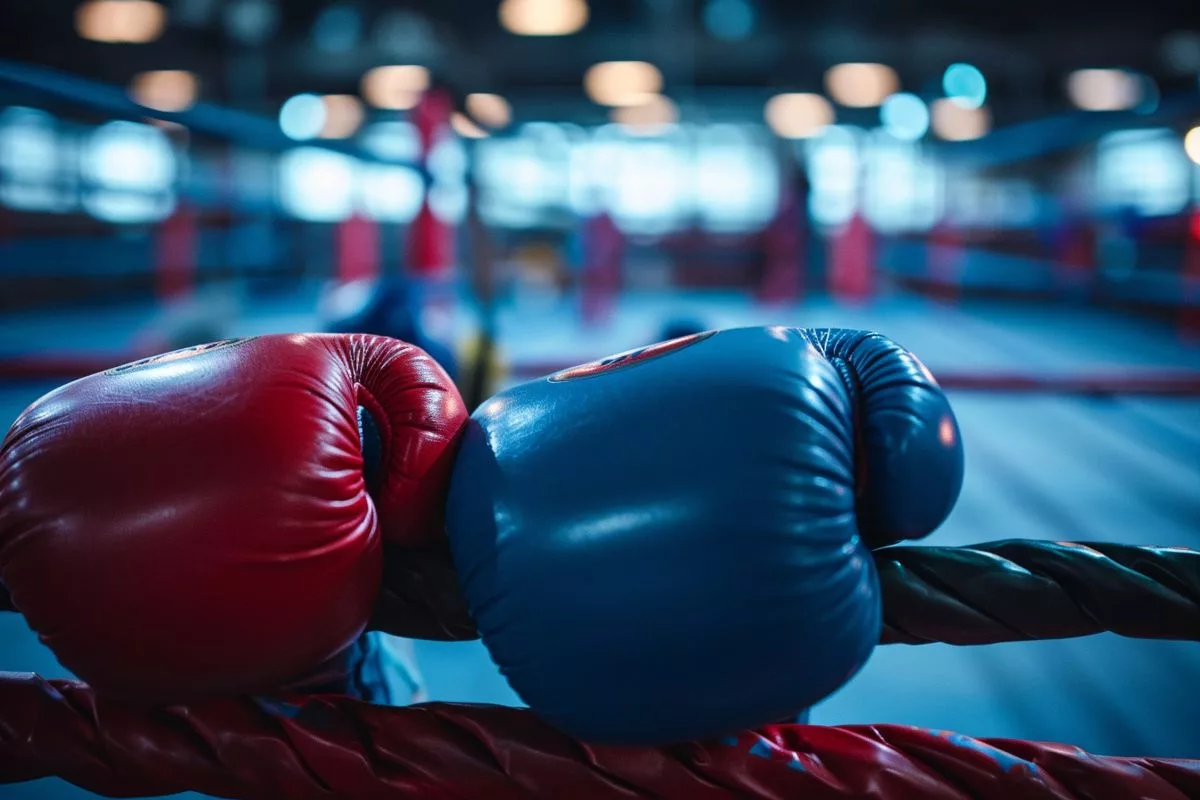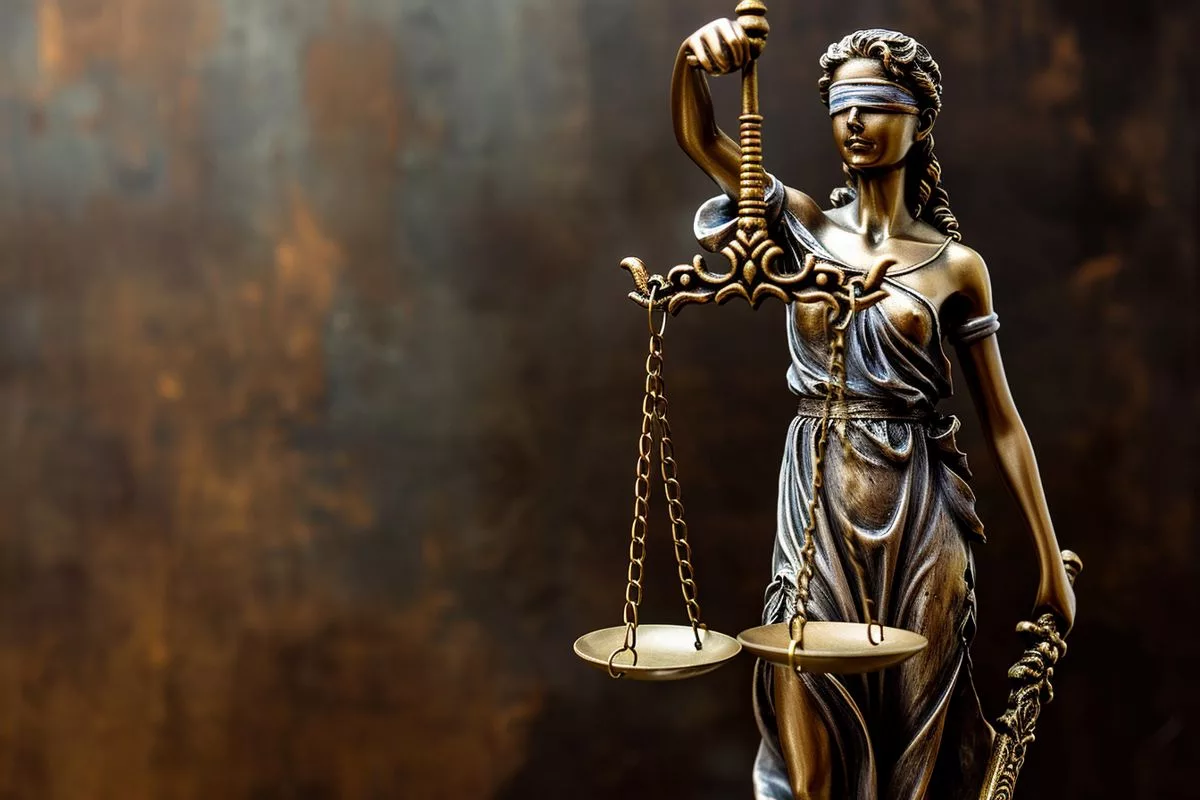South Africa’s legal team is fighting in the International Court of Justice to acknowledge that Israel is committing genocide in Gaza and to mandate a ceasefire. Civil society groups and political representatives gathered in Cape Town to show support for the legal team, highlighting the grave impact of the Gaza war and Israel’s disconcerting statements. The case is one of the most consequential legal battles of our time with potential global ramifications.
Manifestation of Unity: South Africa’s Legal Battle for Palestine in The Hague
South Africa’s legal team is fighting a crucial battle in the International Court of Justice to acknowledge the prima facie evidence suggesting that Israel is perpetrating genocide in Gaza and to mandate a ceasefire. The case is seen as one of the most consequential legal battles of our time with potential global ramifications. Civil society groups and political representatives gathered in Cape Town to show support for the legal team, highlighting the grave impacts of the Gaza war and Israel’s leadership’s disconcerting statements.
A Display of Solidarity
The political landscape frequently sees divisions, but a recent assembly in front of the Western Cape High Court was a beacon of unity. This gathering of around 100 individuals was convened to show support for South Africa’s legal team fighting a crucial battle in the International Court of Justice (ICJ) in The Hague, Netherlands.
On December 29, the South African government had presented a meticulously-crafted application to the ICJ, shedding light on the recent history of Israeli-Palestinian conflict. The document highlighted the grave impacts of the Gaza war, underscored by Israel’s leadership’s disconcerting statements. These comments seemed to hint at an intended genocide against the Palestinians. South Africa’s plea to the ICJ is to acknowledge the prima facie evidence suggesting that Israel is perpetrating genocide in Gaza, and to mandate a ceasefire and other precautionary steps.
The gathering was orchestrated by the Palestine Solidarity Campaign (PSC), constituting a diverse representation of society. Civil society groups and political representatives of the ANC (African National Congress) and Rise Mzansi were present. The atmosphere was heavy with chants of liberation and resilience, South Africa’s national anthem reverberating against the courthouse walls, symbolizing their unity.
The Reality of The Conflict
The conflict’s human toll is harrowing – over 23,000 fatalities, nearly 10,000 of whom were children, have been recorded in Gaza since October 7. On the other side of the divide, the Hamas attack on Israel on the same day resulted in around 2,300 deaths, a significant proportion being civilians and approximately 1,000 Palestinian militants.
Among those voicing their strong solidarity was Seehaam Samaai, director of the Women’s Legal Centre and member of Lawyers4Palestine. She acknowledged South Africa’s enduring link with Palestine, declaring, “We are here with a critical purpose – to back our legal team in The Hague as they argue a pivotal case before the ICJ, striving for justice for the Palestinian people living under some of the world’s most oppressive conditions.”
Zackie Achmat, an activist and parliamentary candidate, addressed the crowd, stressing the importance of the continuous solidarity movement. He questioned the government’s inaction in sanctioning Israel while expressing his endorsement for South Africa’s stance at the ICJ.
A Historic Legal Battle
Caitlin Le Roith, representing South African Jews for a Free Palestine, expressed her pride in being part of the legal fraternity championing justice. She noted, “Our shared experiences as South Africans, and the shared history of Jewish people, make South Africa’s case to the ICJ, demanding recognition of the genocide that Israel is committing against Palestinians in Gaza, particularly significant for someone like me.”
The week was filled with a series of Pro-Palestine events in Cape Town, culminating in a Global Day of Solidarity held in Sea Point on the following Saturday.
South Africa’s case at the ICJ is groundbreaking and is seen as one of the most consequential legal battles of our time. South Africa’s legal team is fighting for the recognition of genocide in Palestine and the implementation of preventative measures.
Global Implications
Israel’s legal representatives might dispute the figures regarding Palestinian casualties, but they cannot disavow the genocidal statements made by their political leaders. This facet of the case seems incontrovertible.
A dismissal of South Africa’s case by the court, perceived to be influenced by state politics, could signify a disregard for the international legal institutions and checks and balances established following World War II Holocaust. The potential ramifications are global – affecting Ukrainians facing Russian missiles, Uyghurs in China, and citizens of numerous African countries. The world is watching South Africa, hoping for a victory that could serve as a beacon for oppressed people across the globe.
What is South Africa’s legal team fighting for in the International Court of Justice?
South Africa’s legal team is fighting to acknowledge the prima facie evidence suggesting that Israel is perpetrating genocide in Gaza and to mandate a ceasefire.
Why is this legal battle important?
This legal battle is seen as one of the most consequential legal battles of our time with potential global ramifications. A dismissal of South Africa’s case by the court could signify a disregard for the international legal institutions and checks and balances established following World War II Holocaust. The potential ramifications are global – affecting Ukrainians facing Russian missiles, Uyghurs in China, and citizens of numerous African countries.
What was the recent assembly in front of the Western Cape High Court for?
The recent assembly in front of the Western Cape High Court was convened to show support for South Africa’s legal team fighting a crucial battle in the International Court of Justice (ICJ) in The Hague, Netherlands.
Who organized the gathering to show solidarity with South Africa’s legal team?
The gathering was orchestrated by the Palestine Solidarity Campaign (PSC), constituting a diverse representation of society. Civil society groups and political representatives of the ANC (African National Congress) and Rise Mzansi were present.
What is the human toll of the conflict?
Over 23,000 fatalities, nearly 10,000 of whom were children, have been recorded in Gaza since October 7. On the other side of the divide, the Hamas attack on Israel on the same day resulted in around 2,300 deaths, a significant proportion being civilians and approximately 1,000 Palestinian militants.
What could a victory for South Africa’s legal team mean for oppressed people across the globe?
A victory for South Africa’s legal team could serve as a beacon for oppressed people across the globe.

